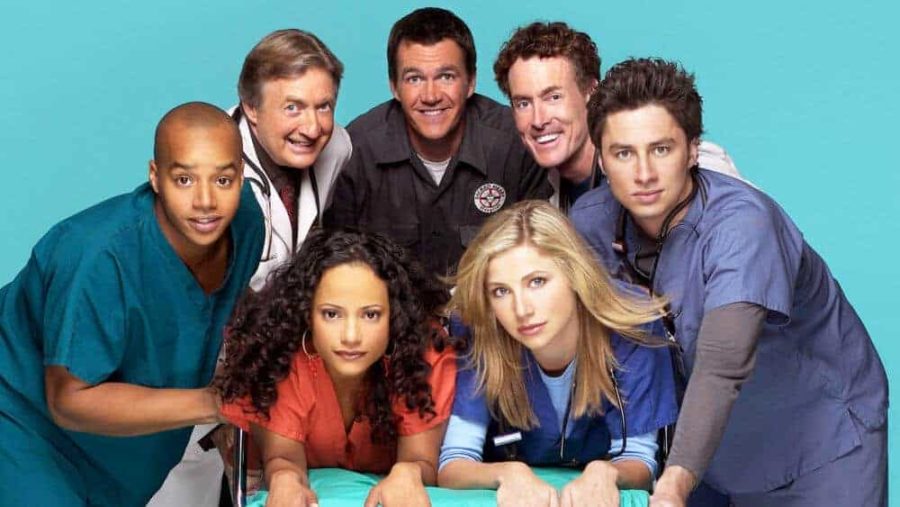Methods of collective intelligence can result in considerably more accurate medical diagnoses, but only under certain conditions. A study headed by researchers at the Max Planck Institute for Human Development has shed new light on how medical diagnostics can be boosted by obtaining several independent judgements. The researchers also found that the group composition is decisive for the quality of the diagnosis.
Four eyes are better than two – this rule has long been valid when it comes to making serious medical diagnoses. But when is it actually better to seek several opinions and how many should be sought? These are the questions that researchers at the Max Planck Institute for Human Development and the Leibniz-Institute of Freshwater Ecology and Inland Fisheries have been looking into.
“We have been investigating how social systems in nature – such as fish swarms – process information and how this can be used to improve human decision-making processes,” Max Wolf from the Leibniz Institute of Freshwater Ecology and Inland Fisheries explains the method.
In a follow-up study, the researchers have now examined how the diagnostic accuracy of individual doctors affects the collective diagnostic outcome. “Collective intelligence is a promising approach to making better decisions. We were interested in which conditions have to be met for the group’s decision to be better than that of the best individual in the group,” says Ralf Kurvers, lead author of the study and researcher in the Center for Adaptive Rationality at the Max Planck Institute for Human Development.
Similar individual abilities within a group are key
The study shows that the diagnostic accuracy of the doctors whose diagnoses are combined has to be similar. Only then can the collective outperform the best individual in the group. If, in contrast, doctors’ levels of accuracy differ too much, combining their decisions leads to worse diagnostic outcomes. This effect holds across different group sizes and different performance levels of the best group member. “It is not the case that groups always make the best decisions. If individual abilities differ too much within the group, it makes more sense to rely on the best diagnostician in the group,” says Ralf Kurvers.
For their study, the researchers used two large datasets available from previous studies on breast and skin cancer diagnostics. They were thus able to draw on more than 20,000 diagnoses made by more than 140 doctors to determine individual diagnostic accuracy. They used this information to identify the conditions under which diagnoses made using collective intelligence rules are more accurate than the diagnoses of the best individual. Specifically, they applied the choose-the-most-confident rule and the majority rule. The choose-the-most-confident rule adopts the diagnosis of the doctor who has the highest confidence in his/her diagnosis; the majority rule takes the diagnosis given by the most doctors.
“Our findings represent another major step in understanding how collective intelligence emerges,” says co-author Max Wolf, who investigates collective intelligence in natural settings at the Leibniz-Institute of Freshwater Ecology and Inland Fisheries. The new findings underline how important the diagnostic accuracy of individual doctors is for the overall outcome. Diagnostic accuracy should therefore be a key criterion for assembling groups in medical diagnostics – for example, in the context of independent double reading of mammograms. In future work, the researchers plan to find out what information is needed to gauge a doctor’s diagnostic accuracy as quickly as possible.
Original publication:
Kurvers, R. H. J. M., Herzog, S. M., Hertwig, R., Krause, J. Carney, P. A., Bogart, A., Argenziano, G., Zalaudek, I., & Wolf, M.
Boosting medical diagnostics by pooling independent judgments
PNAS (Proceedings of the National Academy of Sciences of the United States of America), July 18, 2016
doi: 10.1073/pnas.1601827113


